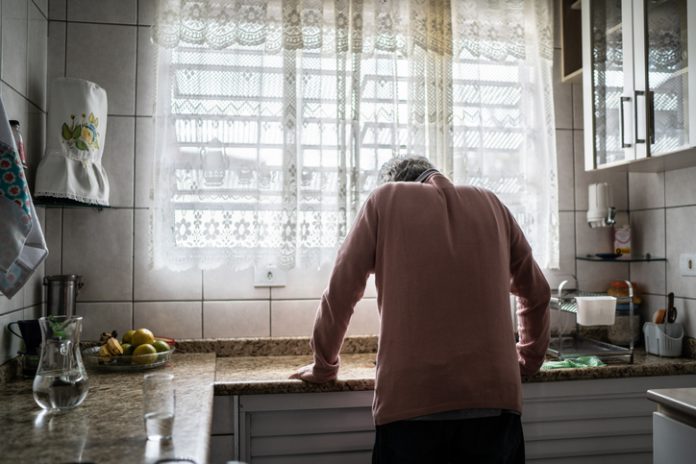It’s the number one challenge of people with cancer in Australia[i], yet ‘cancer related fatigue’ is the often-unspoken side effect that drains and debilitates thousands of Australians every day.
With approximately one in two cancer patients reportedly experiencing moderate to severe fatigue during treatment[ii], and for many in the years following, the Leukaemia Foundation believes the prevalence of cancer related fatigue could be much higher.
According to CEO, Chris Tanti, with the incidence of blood cancer continuing to soar (by 47% in the last decade[iii]), this means at least 70,000 Australians living with the disease are facing a daily battle with exhaustion with this figure set to increase.
“Cancer related fatigue is very different to normal everyday tiredness. The patients we support report feeling incredibly weak and exhausted all the time, making it almost impossible to do the simplest things,” said Mr Tanti.
“People can suffer fatigue for months, or even years, during and following treatment, placing a significant strain on their physical, social, and emotional wellbeing. It’s a hidden side effect that can be difficult for patients to talk about and explain to family and friends.”
Cancer related fatigue can be defined as distressing and persistent physical, emotional, or cognitive exhaustion related to cancer and cancer treatment that is not relieved by adequate sleep or rest[iv].
A well-known Australian that has experienced the distressing side effect of cancer related fatigue is the former premier of Queensland and newly appointed Leukaemia Foundation Ambassador, the Hon. Anna Bligh AC.
Ms Bligh is sharing her story in the hope of shining a light on this side effect which she experienced following her diagnosis of Non-Hodgkin lymphoma in 2013.
“When I was diagnosed with blood cancer, fatigue was not a side effect that was widely spoken about, and I had no idea of the impact it would have on my day-to-day life.
“I believe that more information, education, and support needs to be available for Australians experiencing fatigue so that they can manage it to the best of their ability and start living their lives following cancer.”
A decade on, and now leading the Australian Banking Association, Ms Bligh is thankful that her cancer related fatigue has disappeared but knows that many Australians aren’t so fortunate.
“We know that approximately one-quarter to one-third of cancer patients are living with persistent fatigue for up to 10 years after their diagnosis[v],” added Mr Tanti.
“Sadly, it can interfere with whether someone continues with their cancer treatment, posing a significant risk of reduced survival in blood cancer patients in Australia[vi].”
The Leukaemia Foundation is hoping to combat the persistence of cancer related fatigue by launching the next generation in its service offering, an innovated and evidence-based ‘digital energy coach’.
“Our new digital energy coach is Australia’s first and only support tool that allows people to gain more power over their cancer related fatigue, while providing proven tips and advice to get them back to doing the things they want and love to do,” said Mr Tanti.
“With the digital energy coach in the palm of your hand, patients can track their sleep, nutrition, exercise, and energy levels, unlocking insights and advice tailored for each individual person.”
As an advocate for health awareness and prioritising your wellbeing, Ms Bligh is very supportive of the Leukaemia Foundation’s new digital energy coach and believes it will assist blood cancer patients to break free from the grips of fatigue and enjoy life to the fullest.
“I have personally tested the digital energy coach and firmly believe this is the ultimate ally in the battle against cancer related exhaustion,” said Ms Bligh.
“There is no doubt this tool will assist thousands of blood cancer patients in Australia, and I’d encourage anyone experiencing this debilitating side effect to use it.”
Common symptoms of cancer related fatigue include excessive tiredness, weariness and feeling worn out, difficulty concentrating, nausea, poor appetite, and stress, lasting months and sometimes years.
The Leukaemia Foundation’s digital energy coach is part of its ‘online blood cancer support service’ designed to support the rising number of Australians impacted by blood cancer.
It provides new and existing patients access to the Leukaemia Foundation anytime and anywhere, with the ability to learn more about their symptoms and find practical steps to help them live well with blood cancer both during treatment and in the years that follow.
“We encourage Australians living with blood cancer to take charge of their cancer related fatigue and use the digital energy coach to help increase their energy levels and get back to living their life,” said Mr Tanti.






